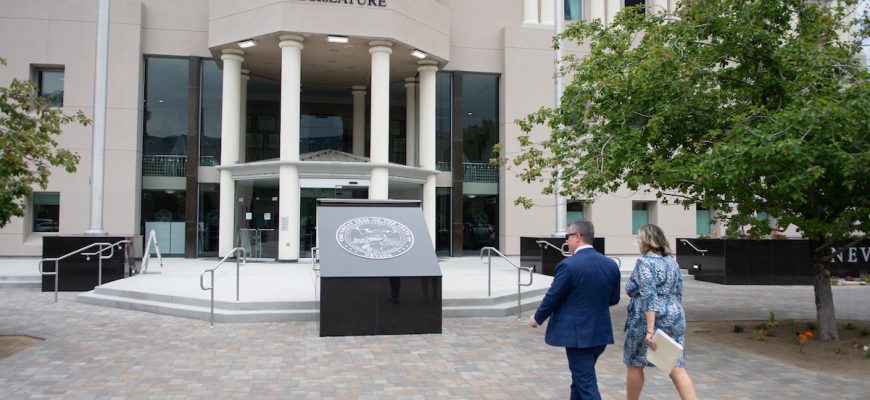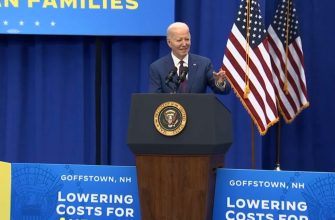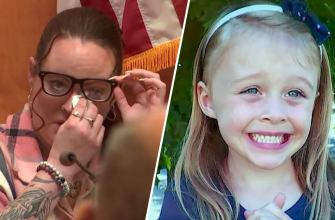As the Legislature approaches adjournment sine die, the constitutionally mandated end to the 120-day session, the once slow trickle of the legislative session has been turbocharged into a raging river — with bills moving rapidly through hearings, committee votes, floor votes, amendments and transmittal to the governor’s desk.
In addition to voting on bills, lawmakers are still concurring on amendments and lobbyists are anxiously awaiting the governor’s final stamp of approval (or veto). The final day is notorious for conference committees — a committee of Assembly and Senate lawmakers convened to reconcile differences between houses if one chamber does not concur on an amendment adopted by the other.
Under the Nevada Constitution, the governor has five days (not including the day of a bill’s delivery to his office or Sundays) to sign or veto a piece of legislation. For bills delivered with fewer than five days remaining in the session or delivered after the Legislature adjourns sine die, the governor has 10 days (not including Sundays) to act on the bill.
Throughout the final day of the legislative session, The Nevada Independent will provide updates here on what’s taking place at the Legislature. For the latest on what bills Lombardo has vetoed, click here.
The pre-Day 120 state of play
As a backdrop to the Legislature’s public meetings and votes, Gov. Joe Lombardo and Democratic leaders have been in negotiations over the state budget and the governor’s legislative agenda, including school choice and government modernization — a process that has held up progress on other high-profile bills, including public funding for a stadium deal for the Oakland A’s and proposed multibillion-dollar expansion of film tax credits.
As of Sunday, the governor had signed three of five major bills used to fund the state government. But he vetoed the Appropriations Act Thursday, a sweeping government funding bill that includes more than $7 billion in appropriations from the general fund, up more than $1 billion from the previous budget period. The final budget bill, the Capital Improvement Program, requires a two-thirds majority vote to pass and awaits a vote out of the Senate.
Here are some of the major bills still up in the air amid ongoing negotiations:
- The A’s stadium: Wherefore art thou, Oakland A’s? Much has been made of SB509’s $380 million in public money to build a new stadium for the baseball team, a project that could be a boon for adjacent Strip properties. But a nonzero number of lawmakers (and outside economists) have balked at the A’s projections for attendance and economic impact. One of several budget-related hostages, the A’s stadium bill has yet to move beyond an initial hearing.
- Film tax credits: While multiple high-profile Hollywood actors have made the trip to Carson City to lobby for a proposal to expand Nevada’s film industry, the measure (SB496) has not yet received a vote in the Senate, with multiple outstanding proposed amendments. Lombardo’s Chief of Staff Ben Kieckhefer said last week the bill contains “general fund liabilities unlike anything we’ve looked at previously” — a reference to the proposed $190 million in annual film tax credits.
- Medical malpractice caps: After two decades of attempts by the trial lawyers to change the state’s cap on noneconomic medical malpractice damages, health care providers and trial lawyers reached a deal Friday to raise the state’s cap from $350,000 to $750,000. The bill, AB404, passed out of the Senate Finance Committee Friday and awaits a vote in the Senate. Once passed, it will need to return to the Assembly for a concurrence on the amendment before going to the governor’s desk.
- Energy: In the session’s final days, Assemblyman Howard Watts (D-Las Vegas) introduced a bill (AB524) to reform NV Energy’s long-term energy resource planning process and encourage development of in-state generating resources. Despite opposition from NV Energy — the state’s largest electric utility — the bill has moved forward quickly, passing unanimously out of the Assembly with an amendment providing slightly stronger language about building out more renewable energy projects owned by the utility, a message that falls short of what NV Energy sought from lawmakers, including a proposal to increase the state’s Renewable Portfolio Standard.
- Homelessness Fund: A surprise bill introduced just days before the Legislature is scheduled to adjourn is looking to establish a wide-ranging homelessness assistance and prevention fund to build out supportive services in Southern Nevada through a project that could leverage as much as $200 million from the state, gaming industry and other partners. The venture is a joint effort from Gov. Joe Lombardo, Democratic leadership and the gaming industry. The funding mechanism comes in the form of AB528, which passed out of the Assembly with a unanimous vote Sunday and now heads to the Senate.
- Opportunity Scholarships: Can Lombardo get school choice past a Democratic Legislature? That question may be one of the last keys to unlocking a budget deal that averts a special session, as Lombardo has jockeyed for at least $50 million (and under an original proposal, up to $500 million by 2032) for the tax-credit funded program that provides annual scholarships for private school tuition for students under certain income thresholds.
- That’s a substantial increase from the roughly $13 million funding the program now — and the line from which Democrats have said repeatedly they will not budge. Originally part of Lombardo’s AB400, enhanced Opportunity Scholarship funding was removed as part of a deal to move the bill to the Assembly floor last week (and now, as part of a deal that saw the Assembly vote unanimously to advance AB400 late Sunday with another amendment on charter school provisions). Another bill, SB508, could theoretically appropriate that money, but it has not received a hearing in the Senate Finance Committee.
- New Appropriations Act: After Lombardo’s veto of the original Appropriations Act, lawmakers have introduced a new version of the bill (SB511) containing the same language. It is a tentpole of the state budget, providing for a majority of appropriations from the state’s general fund and leaving lawmakers an option to send another budget bill to Lombardo’s desk that could advance without the need for a two-thirds veto override.
- Capital Improvement Program: Another budget bill is still on the rocks — AB521. This measure known as the Capital Improvement Program requires a two-thirds vote because it re-implements a statewide property tax used to fund capital projects. Passing the bill would require at least one Senate Republican to vote ‘yea’ — which has left the measure in the limbo of the secretary’s desk since mid-May, as Republicans can move in a bloc to block this part of the budget. If a deal is made to move the Appropriations Act, it will likely involve moving CIP, too.
— Jacob Solis, Sean Golonka and Tabitha Mueller








